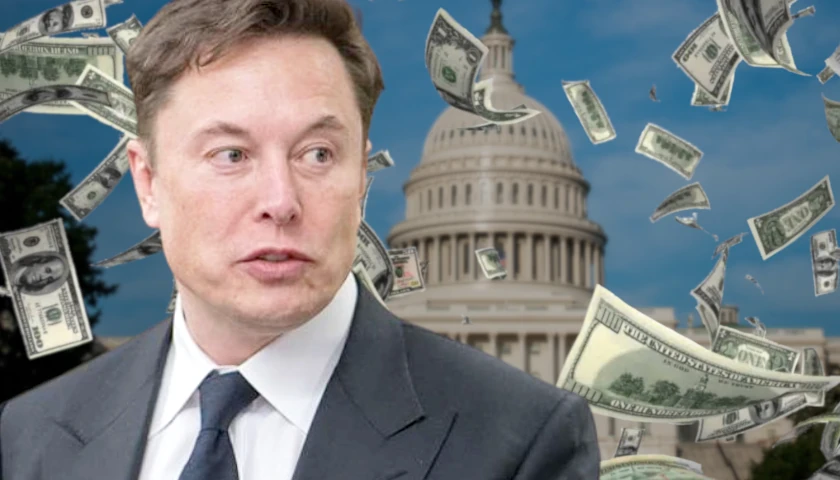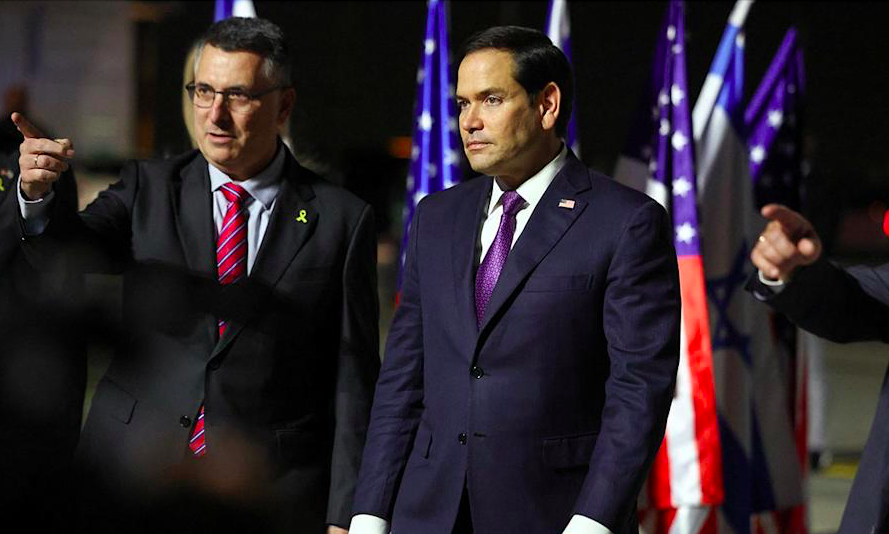Elon Musk, the billionaire entrepreneur and head of the Department of Government Efficiency (DOGE), has announced plans to investigate the substantial wealth amassed by certain members of Congress. Speaking at a town hall in Wisconsin on Sunday, Musk questioned how lawmakers, earning annual salaries of $174,000, have become multi-millionaires over their years in public service.
During the event, an attendee inquired whether DOGE had uncovered any financial connections between the U.S. Agency for International Development (USAID) and prominent politicians such as Rep. Maxine Waters (D-CA) and Sen. Adam Schiff (D-CA). Musk responded by highlighting a “circuitous route” through which government funds are sent overseas to non-governmental organizations (NGOs) and then allegedly return to the U.S., benefiting certain lawmakers. He stated, “It doesn’t go directly, but let’s just say that there’s a lot of strangely wealthy members of Congress where I’m trying to connect the dots of, ‘How do they become rich?'”
The accumulation of significant wealth by public servants has long been a point of contention. For instance, former Speaker Nancy Pelosi (D-CA), who has served in Congress since 1987, has a net worth reported between $50.9 million and $285.05 million. Similarly, Sen. Rick Scott (R-FL), co-founder of HCA Healthcare and Solantic, is considered one of the wealthiest in Congress, with a net worth of approximately $549.91 million.
Musk’s initiative aims to scrutinize the financial trajectories of these lawmakers to determine the sources of their wealth. He questioned, “How do they get $20 million if they’re earning $200,000 a year? We’re going to try to figure it out and certainly stop it from happening.”
This move aligns with DOGE’s broader mission to enhance government efficiency and eliminate wasteful expenditures. The department has already reported estimated savings of $140 million for U.S. taxpayers.
The initiative has sparked discussions about the ethical implications of lawmakers engaging in financial activities that may conflict with their public duties. Critics argue that such wealth accumulation undermines public trust and raises questions about potential conflicts of interest.
Supporters of Musk’s investigation contend that transparency is crucial for maintaining the integrity of public office. They argue that understanding how lawmakers accumulate wealth can lead to reforms that prevent potential abuses and ensure that public service remains a domain dedicated to serving the populace, not personal financial gain.
This development comes amid broader efforts to scrutinize government spending and enhance accountability. The Department of State, under Secretary Marco Rubio, has announced plans to merge USAID’s programs into the State Department, aiming to streamline operations and deliver foreign assistance more effectively. This merger is expected to result in the termination of over 4,000 USAID employees.
Musk’s focus on the financial activities of lawmakers underscores a growing demand for transparency and accountability in government. As DOGE continues its investigations, the findings could prompt significant discussions about ethics, financial disclosure, and the responsibilities of public servants.





